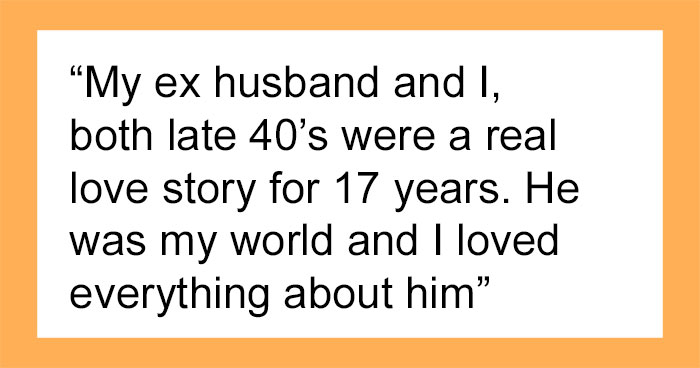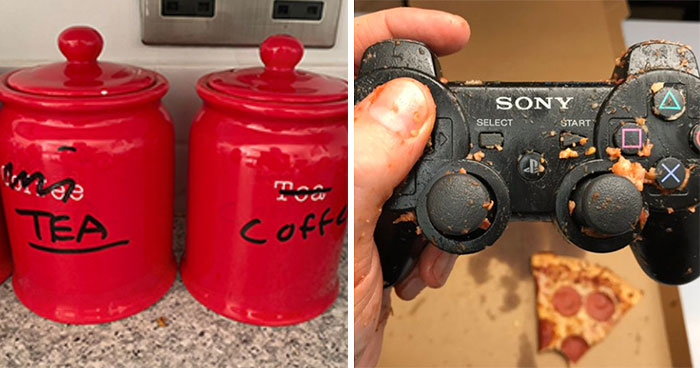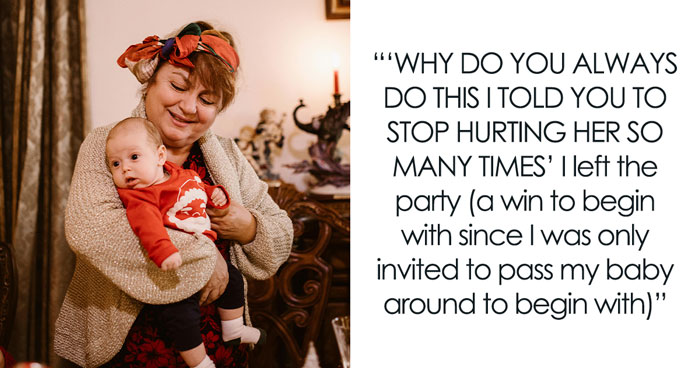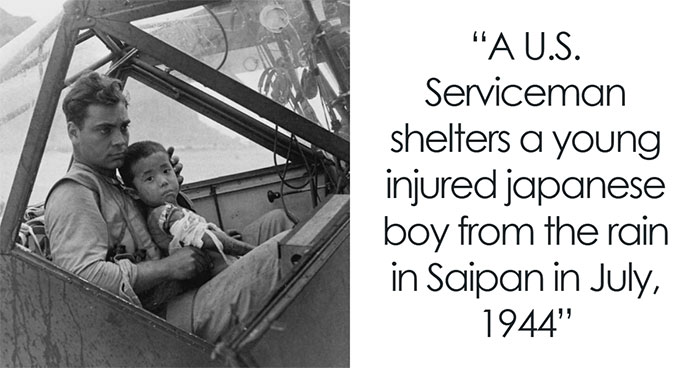
Name These 20 Images In British And American English To Claim The ‘English Expert’ Title
Whether English is your mother tongue or your second language, get ready to put your language skills to the test with this British vs. American English trivia. We have got 20 questions lined up for you to test if you love football or soccer, cookies or biscuits. Let’s see if you can guess these 20 things that are named differently in British and American English. Get ready for a delightful journey across the Atlantic!
Grab your coffee or tea and let’s begin!
#7 is not jelly. It's jam on both sides of the Pond. Jelly is clear.
There are clearly little seeds there, making it jam (pieces of fruit). If it were jelly, it would have no fruit pieces in it.
Load More Replies...Jam and jelly have the same definitions on either side of the Pond. If it's made from whole fruit it's 'jam', if it's made from strained fruit or juice, it's jelly. - - - In the UK 'couch' and 'sofa' are both used. 'Couch' has been used in English since the mid 1500s. - - - 'Trainers/sneakers' - 'trainers' is the more common term in the UK, but the items shown were not trainers. They are more likely to be called 'converse' than 'trainers'. - - - 'Sweater' and 'jumper' are both used in English. 'Sweater' entered the Oxford English Dictionary in 1882.
Yeah, I noticed all of those as well. Not sure about "converse" though - I thought that ws just a brand name? That one though, and some of the others, is also a generational thing even within British English and there's some which are more common in some regions than the other, or different ideas about social class, like settee for sofa. And cookies, in the title, also exist in British English and are distinctly different from biscuits, whereas in the US a biscuit is something like a cross between a scone and a dumpling, if I've understood that one correctly.
Load More Replies...I'm British by descent but South African by birth. I kept on looking at things and going, "Pfft, jumper! That's a jersey!" And "Trainers? Pfft. Those are takkies!" South African English is mostly informed by British English, but we do have a few unique words. And we understand what Americans mean due to our over-consumption of American TV programmes.
Well if you think the difference is between Americanized English and British English is fun, try living in canada. Up until about 30 years ago, most Canadians had British roots, and yet, most Canadian television and radio and movies and books came from america... It's the same reason that most of us interchangeably use imperial and metric
The only issue here is rushing it and not reading which version they are looking for. If you're British or American, it's a no-brainer.
I stopped playing when the game said that chunky fruity spread was jelly. I don't play with cheaters.
Couch and sweater and both also used in the UK. Also, there is no such things as "British English" or "American English" - they are "English" and "Simplified English" ;)
In the States we call it both a couch and a sofa, so I honestly didn't know which one they wanted.
Jam is jam in Indiana. Jelly is the seedless, clear, jelled spread. Don't do these kinds of quizzes without verifying usages cross country. Maybe there's a pocket of America that adheres, but not in the American Midwest. We use cutlery and silverware interchangeably. Couch, sofa, and davenport are also interchangeable. This is not a thoughtful quiz.
I'm American, and I would have thought that when they asked for the British word that I would have been able to just choose the one I don't use. But lots of them were of words that are both used in the US: pants/trousers, couch/sofa, cutlery/silverware, jam/jelly, even bill/check to a lesser extent. Of course, the quiz screwed up the jam/jelly question, and while "pants" is probably more common, "trousers" is also perfectly acceptable, though it does imply some level of formality. (Jeans are not likely to be called trousers, but suit pants are.)
Some examples are so weird. Jam and jelly are two different types of this food. Same with sofa and couch - differen types of this kind of furniture. And pants and trousers are both used in the US - trousers are just more expensive / better quality.
Actually I'm an Aussie and am familiar with most of these terms and where they are used. (Only got 2 wrong!)
If you don't like it just don't do it, sheesh. Plenty of other stuff on bp
Load More Replies...#7 is not jelly. It's jam on both sides of the Pond. Jelly is clear.
There are clearly little seeds there, making it jam (pieces of fruit). If it were jelly, it would have no fruit pieces in it.
Load More Replies...Jam and jelly have the same definitions on either side of the Pond. If it's made from whole fruit it's 'jam', if it's made from strained fruit or juice, it's jelly. - - - In the UK 'couch' and 'sofa' are both used. 'Couch' has been used in English since the mid 1500s. - - - 'Trainers/sneakers' - 'trainers' is the more common term in the UK, but the items shown were not trainers. They are more likely to be called 'converse' than 'trainers'. - - - 'Sweater' and 'jumper' are both used in English. 'Sweater' entered the Oxford English Dictionary in 1882.
Yeah, I noticed all of those as well. Not sure about "converse" though - I thought that ws just a brand name? That one though, and some of the others, is also a generational thing even within British English and there's some which are more common in some regions than the other, or different ideas about social class, like settee for sofa. And cookies, in the title, also exist in British English and are distinctly different from biscuits, whereas in the US a biscuit is something like a cross between a scone and a dumpling, if I've understood that one correctly.
Load More Replies...I'm British by descent but South African by birth. I kept on looking at things and going, "Pfft, jumper! That's a jersey!" And "Trainers? Pfft. Those are takkies!" South African English is mostly informed by British English, but we do have a few unique words. And we understand what Americans mean due to our over-consumption of American TV programmes.
Well if you think the difference is between Americanized English and British English is fun, try living in canada. Up until about 30 years ago, most Canadians had British roots, and yet, most Canadian television and radio and movies and books came from america... It's the same reason that most of us interchangeably use imperial and metric
The only issue here is rushing it and not reading which version they are looking for. If you're British or American, it's a no-brainer.
I stopped playing when the game said that chunky fruity spread was jelly. I don't play with cheaters.
Couch and sweater and both also used in the UK. Also, there is no such things as "British English" or "American English" - they are "English" and "Simplified English" ;)
In the States we call it both a couch and a sofa, so I honestly didn't know which one they wanted.
Jam is jam in Indiana. Jelly is the seedless, clear, jelled spread. Don't do these kinds of quizzes without verifying usages cross country. Maybe there's a pocket of America that adheres, but not in the American Midwest. We use cutlery and silverware interchangeably. Couch, sofa, and davenport are also interchangeable. This is not a thoughtful quiz.
I'm American, and I would have thought that when they asked for the British word that I would have been able to just choose the one I don't use. But lots of them were of words that are both used in the US: pants/trousers, couch/sofa, cutlery/silverware, jam/jelly, even bill/check to a lesser extent. Of course, the quiz screwed up the jam/jelly question, and while "pants" is probably more common, "trousers" is also perfectly acceptable, though it does imply some level of formality. (Jeans are not likely to be called trousers, but suit pants are.)
Some examples are so weird. Jam and jelly are two different types of this food. Same with sofa and couch - differen types of this kind of furniture. And pants and trousers are both used in the US - trousers are just more expensive / better quality.
Actually I'm an Aussie and am familiar with most of these terms and where they are used. (Only got 2 wrong!)
If you don't like it just don't do it, sheesh. Plenty of other stuff on bp
Load More Replies...
 Dark Mode
Dark Mode 

 No fees, cancel anytime
No fees, cancel anytime 




































![“[Am I The Jerk] For Telling My Mom That It Was Very Obvious They Never Liked Me?”](https://www.boredpanda.com/blog/wp-content/uploads/2024/12/mom-relationship-drama-coverimage.jpg)
2
48